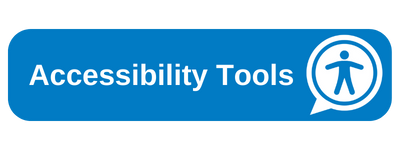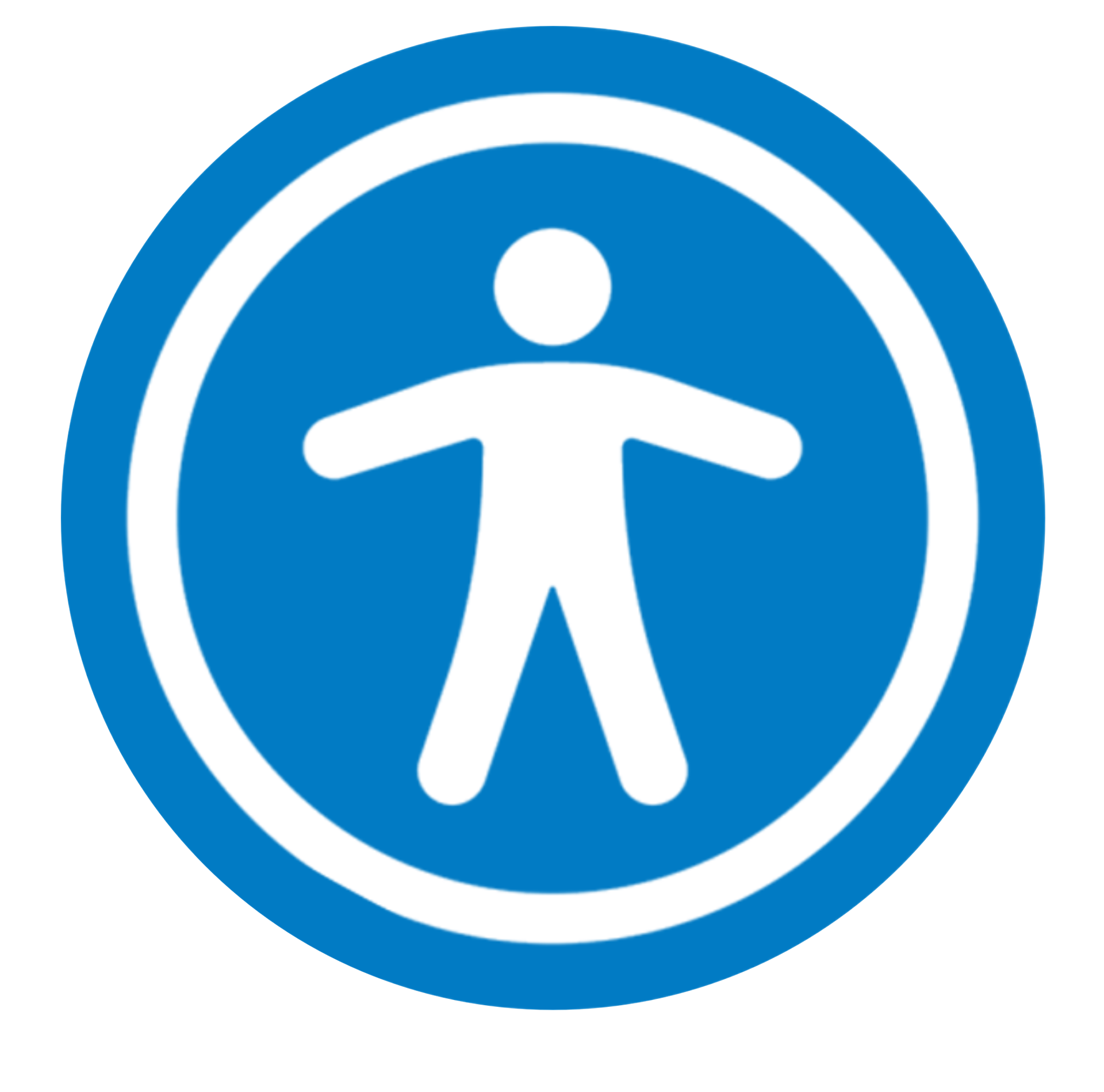You are here: Mental Health Challenges/adults/MH/mental-health
Learning Disabilities
What is a learning disability?
A learning disability is something that affects a way in which a person learns new things throughout their life. A learning disability can affect a person’s ability to:
- Understand new or complex information
- Learning new skills
- Coping independently
Learning disabilities can vary in severity. They can be mild, moderate or severe.
Some people who have a learning disability will find talking easy, and can live independently but may need slightly longer to learn new skills; whereas other people may struggle with communicating and could have other disabilities as well. A persons’ ability to live independently can depend on the level of care and support they need and receive.
Young people and children with learning disabilities may also have special educational needs (SEN).
Most learning disabilities are diagnosed in childhood, but they can be diagnosed at any time in a person’s life. Down’s syndrome for example, is diagnosed at birth, whereas some others may only be discovered when a child is old enough to talk and walk.
After a diagnosis of a learning disability, your GP can refer you for any specialist support you may need. You can then get to know the team of professionals that will be involved in the care of your child.
People with a learning disability can live as full and independent a life as possible with the right support from some of the following professionals:
- GPs
- Paediatricians
- Speech and Language Therapists
- Physiotherapists
- Educational and Clinical Psychologists
- Social Care Workers
What causes learning disabilities? +
A learning disability happens when a person’s brain development is affected, either before they’re born, during their birth or in their early childhood.
Affects in brain development can be caused by things such as:
- The mother becoming ill during pregnancy
- Problems during the birth that prevents enough oxygen getting to the brain
- The unborn baby inheriting certain genes from its parents that make having a learning disability more likely – known as inherited learning disability
- Illness, for example, meningitis or injury in early childhood
Sometimes there isn’t a clear or known cause for a learning disability.
Certain conditions are often associated with having a learning disability because people with these conditions are more likely to have one. For example, everyone with Down’s syndrome has some kind of learning disability, and so do many people with cerebral palsy. People with autism may also have a learning disabilities, and around 30% or people with epilepsy have a learning disability.
What is a profound and multiple learning disability (PMLD)? +
A profound and multiple learning disability is when a person has severe learning disability and other disabilities that significantly affect their ability to be independent and communicate.
A person with PMLD can have severe difficulty seeing, hearing, speaking and moving. They might have complex health and social care needs or other conditions.
People with profound and multiple learning disability often need a carer/carers to help them with most areas of everyday life, for example, eating, washing and going to the toilet. With support, lots of people can learn to communicate in different ways, be involved in decisions about themselves, do things they enjoy and achieve more independence.
Living with a diagnosis of a learning disability +
It can be quite a shock to be diagnosed with a learning disability; it isn’t always clear what caused it or what the learning disability is. Some children can be late when reaching milestones in development, such us walking or talking, this is usually nothing to worry about. Some developmental challenges can have a definite cause, like a hearing or sight problems, learning disabilities or autism.
If you’re worried about your child’s development, speak to your GP.
To ensure a person with disabilities or long-term health conditions get the right care for their needs, they will be assessed. This can be finding the right health treatment and support, education and training. If someone needs more than one kind of assessment, they should be combined together.
*Some information gathered from www.nhs.uk and www.cpft.nhs.uk .

